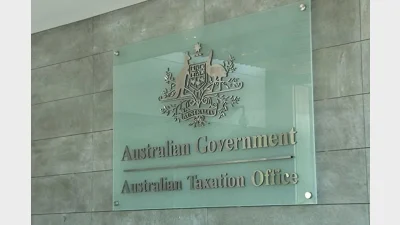(February-2003) Sovereign King says industry is bloated
The Australian funds management and asset consulting industries are highly inefficient, bloated and unable to deliver alpha returns on a consistent basis, according to Sovereign Investment Research principal, Ray King.
“Inefficiency is rife. Fee structures are very wrong and the vast majority of industry players have not, in our view, delivered basically what superannuation fund members want, and that is performance,” he says.
“Are we serving our clients well? The bear market has exposed an awful lot of weakness in this industry and certainly with regard to the way in which we manage and advise clients and their money. Frankly, there’s too much capacity.”
King adds that the biggest weakness in the industry at present is asset allocation, noting that organisations will have to develop better strategies in order to minimise losses when markets plummet to ensure they are able to deliver investment returns in line with client expectations.
“A key part of the service is to provide asset allocation and to build an efficient portfolio with the best expected returns for a given level of risk. But the issue here is risk, and clients rarely know what risks they really want to have managed,” he says.
King believes that members want more of an absolute return approach but the industry really has no idea as to how it should respond. “Now we’ve fallen on hard times, it turns out that members are more inclined to seek an absolute return.”
Recommended for you
The responsible investment body is warning that a one-size-fits-all ESG framework mirroring those in the UK and the EU could do more harm than good.
Australian super funds are monitoring the US closely as President Donald Trump increasingly intervenes in corporate policy, moves that are reverberating through global markets and prompting reassessments of portfolio risk.
Industry fund HESTA has filed an appeal against an ATO decision on tax offsets from franking credits, with the Australian Retirement Trust set to file a similar claim soon.
The latest superannuation performance test results have shown improvements, but four in 10 trustee-directed products continue to exhibit “significant investment underperformance”, warns APRA.











